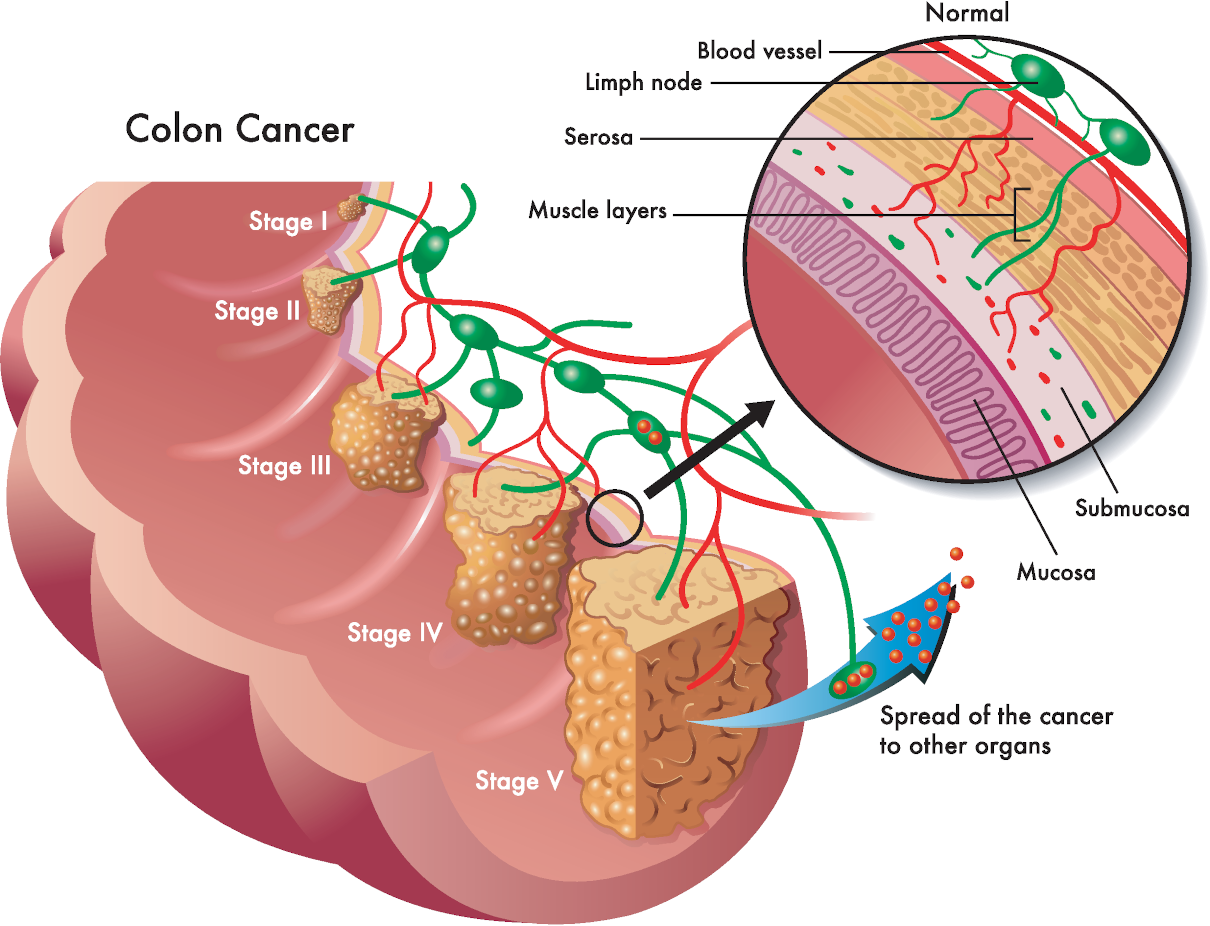
Scientists confirmed that about 70% of human immunomodulating cells are in the gastrointestinal tract. This means that our health during the cold season largely depends on the well-being of the digestive tract since the intestines and the human immune system are closely linked.
Modern people are constantly experiencing such adverse effects as poor ecology, dirty water, lack of sleep and unhealthy diet. This is a catastrophe for the immune system and intestinal microflora, which continually needs protection and restoration.
Human immune system
The intestines and the human immune system can support probiotics restoring the microflora.
Probiotics are living microorganisms that, when released into the human gastrointestinal tract in sufficient quantities, retain their activity viability and positively affect human health. Numerous scientific researches confirmed the benefits of probiotics for the immune system.
For example, Australian scientists have calculated the number of days of disability for people. In this case, the critical role played by the regularity of probiotics. A sustained effect occurs in the third or fourth week.

Alkalising colonic irrigation with sodium bicarbonate
Safe and effective colon hydrotherapy includes an initial consultation. Consequently, sodium bicarbonate delivered to the colon through hydrotherapy can kill off candida.
What are the benefits of probiotics for the intestines and the human immune system?
However, not all probiotic products have a scientifically proven immunomodulatory effect. Therefore, for reliable protection against colds in the cold season, you should not rely solely on yoghurts and kefir bought in the supermarket. It is advisable to take specially designed dietary supplements.
We should take the selection of those seriously. Consult your doctor and prefer dietary supplements with the most strains. Colonic hydrotherapy will keep the intestinal microflora and the immune system in balance. It will also relieve dangerous toxins and harmful substances.
Probiotics
It is worth noting that probiotics can serve you well even if you are already sick. Scientists at the Johns Hopkins College of Public Health (USA) found that taking probiotics reduces the number of diarrhoea cases associated. With antibiotics by 52%, it allows you to relieve irritable bowel syndrome symptoms and stomach pain, too.
By the way, scientists recently debunked the myth that the constant use of probiotics can suppress the body’s production of essential substances. Probiotic drugs are not medicine; most have no side effects. “Overfeeding” the body with probiotics is almost impossible!

Food intolerance test of 208 ingredients
This one is our most comprehensive food and drink test. The test analyses your client’s IgG antibody reactions to 208 food and drink ingredients. This test will highlight their food triggers and help you formulate an IgG-guided elimination diet together.










